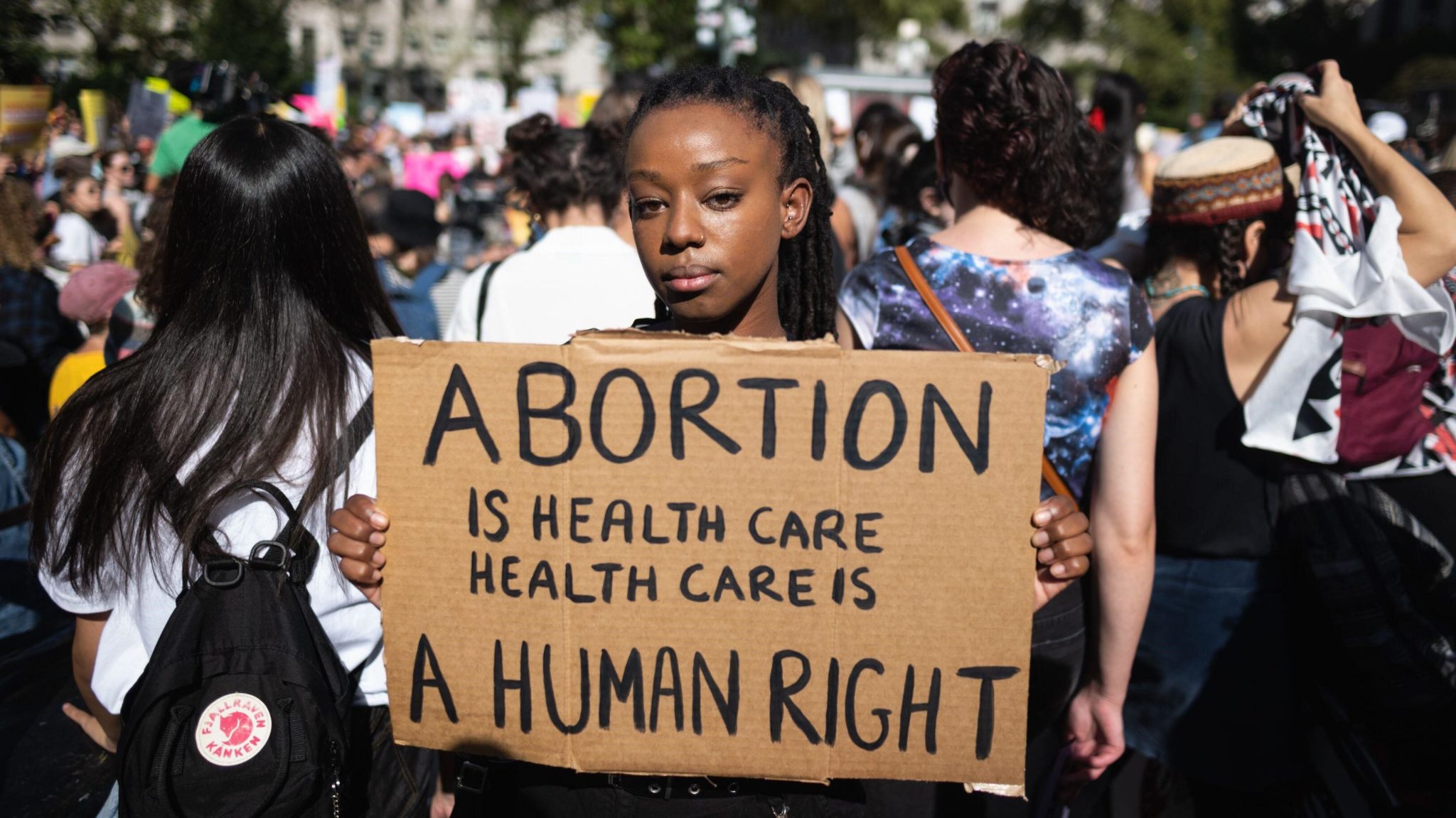The US supreme court has overturned Roe v Wade and nearly 50 years of women’s abortion rights in America. The activism of the six ultraconservative justices – three appointed by former US president Donald Trump – shreds precedent in more ways than one. It is the first time in their history that Americans have woken up in the “land of the free” with fewer rights than the night before.
America is a society with political structures and dynamics that are not replicated elsewhere, yet shock waves from their supreme court’s radicalism are being felt worldwide. Within the other liberal democratic states of the west, people aren’t waking to a loss of rights … but even in our faraway corner of the Pacific, we are reverberating with fresh and terrible fear.
That fear is not sparing our most powerful. Jacinda Ardern, the prime minister of New Zealand, responded to the news with a statement released on Facebook. “People are entitled to have deeply-held convictions on this issue,” she said, “But those beliefs should never rob another from making their own decisions. To see that principle now lost in the United States feels like a loss for women everywhere.”
New Zealand completed the full decriminalization of abortion in 2020. In Australia, where individual states legislate the issue, a decade of decriminalizing reform has been enhanced by laws creating “safe access zones” around reproductive healthcare providers. These not only protect women’s legal, medical, and moral right to access reproductive healthcare but their physical right to walk into clinics without abuse and bullying.
This has happened in both countries not because of activist lawmakers but through relentless grassroots campaigning to represent overwhelming public demand.

Decriminalisation was supported by 69.9% of New Zealanders – a higher proportion than the final parliamentary vote. In Australia, support for abortion rights is even higher, with public backing at a staggeringly bipartisan 76%. The new prime minister, Anthony Albanese, spoke for an Australian majority when he described what has happened in the US as “a setback for women and their right to control their bodies and their lives”.
And yet, for all this popular support, Katy Gallagher, Albanese’s minister for women, retained the same fearful tone as Ardern when she described the US events as “devastating”. She went as far as to instruct Australians “to remain vigilant because hard-fought-for wins before our parliament can be taken away easily”.
Why the fear? Because what politicians understand better than anyone in the power of institutional capture. In America, also, most people support abortion rights; 60%, according to polls this week – including majorities in states with the most punitive anti-abortion laws. The exercise of power, even in a democracy, the exercise of power isn’t through a simple force of numbers – it’s about channeling the right point of numbers in the right place.
No one who believes in the fundamental human rights of women in our country or others has any laurels to rest on now.
The anti-abortion cause in the US worked out long ago. They didn’t need a popular majority to deliver their agenda. They just required majorities in the places where the decision would be made.
It’s this revelation that terrifies – because the long, slow pace of abortion reform in New Zealand and Australia had had to navigate the disproportional presence of anti-abortionists in institutions of real power, causing obstruction and delay and deprioritization of reform even when the weight of public opinion was with the other side. Even in progressive Australia, abortion remains in Western Australia’s criminal code.
One hopes the American tragedy will spur the Western Australian government to realize the importance of immediate, unambiguous reform – as an act of solidarity and an institutional example. Leftwing intellectuals once used to advise comrades to make the “long march through the institutions” to bring about social change and shape the norms and forms that imprint society’s values. It turns out it was the right who took their advice.
Could it happen here? America shows it can happen anywhere when vigilance is lost when numbers are channeled not toward power but towards shaming the powerful who feel no shame. No one who believes in the fundamental human rights of women in our country or others has any laurels to rest on now. Radical anti-abortion nuff-nuff MP Bernie Finn may have finally been ejected from the Victorian Liberal party for unhinged social media posts, but conservative LNP senator Matt Canavan remains. Canavan was posting anti-abortion tweets celebrating when the supreme court ruling was made, and he’s not alone in his opinions in his party.
One of the saddest realizations of this terrible moment is that Martin Luther King’s promise that “the arc of the universe is long, but it bends towards justice” has been denied. It is instead Julia Gillard’s 2013 speech warning of “an Australia where abortion again becomes the political plaything of men who think they know better” that sticks in mind today.
Gillard also advised that there’s “a moment in every fight where you’ve got to choose whether you are daunted by it or energized”. The end of Roe in the US has shattered the illusion that the fight was ever over. For women everywhere, the challenge now is to fight through our fear and make our courage count.









